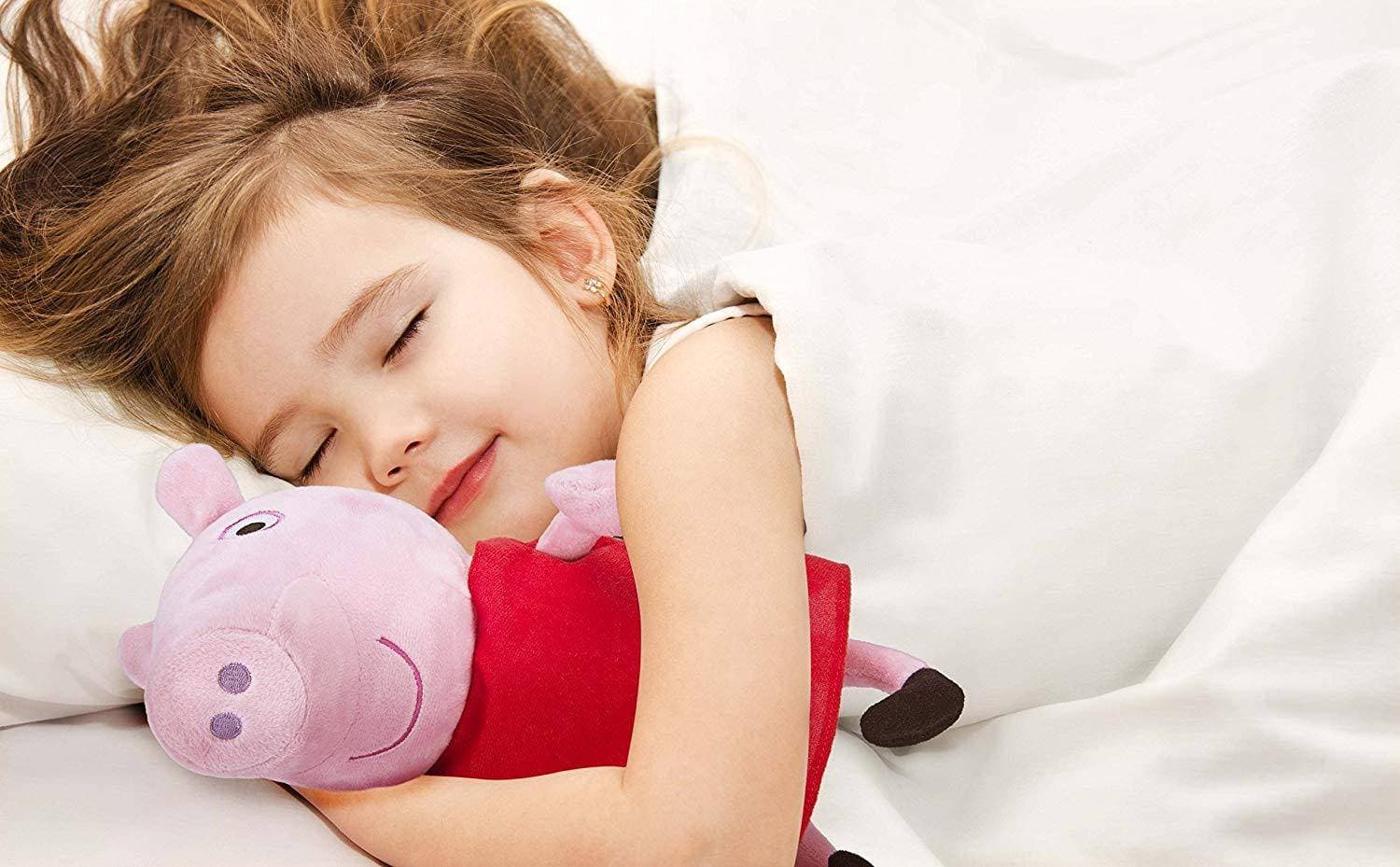Introduction
Constantly yelling at children can have detrimental effects on their emotional well-being and overall development. Let's explore the consequences of this parenting behavior and understand why it is important to find alternative approaches.
Damaged Self-esteem
When parents yell at their children, it can lead to feelings of self-blame and guilt. Children may start doubting their abilities and develop a negative self-image. This constant criticism erodes their self-esteem and hampers their confidence.
Impaired Emotional Control
Frequent yelling can negatively affect children's emotional regulation. They may become more irritable, impatient, and impulsive, struggling to manage their emotions effectively. This can have long-term consequences on their ability to handle stress and maintain healthy relationships.

Weakened Character
Constant exposure to yelling can make children overly cautious and indecisive. They may fear making mistakes and avoid taking risks. This can hinder their personal growth, as they may struggle to develop resilience, assertiveness, and a strong sense of self.
Rebellious Behavior
Children who experience constant yelling may develop rebellious tendencies as a way to assert their independence. They may resist authority and intentionally go against their parents' wishes, feeling that their efforts will not be acknowledged or appreciated.
It is crucial for parents to recognize the negative impact of constantly yelling at their children. By adopting alternative strategies such as effective communication, active listening, and positive reinforcement, parents can create a nurturing and supportive environment that promotes healthy emotional development and positive self-esteem in children.




